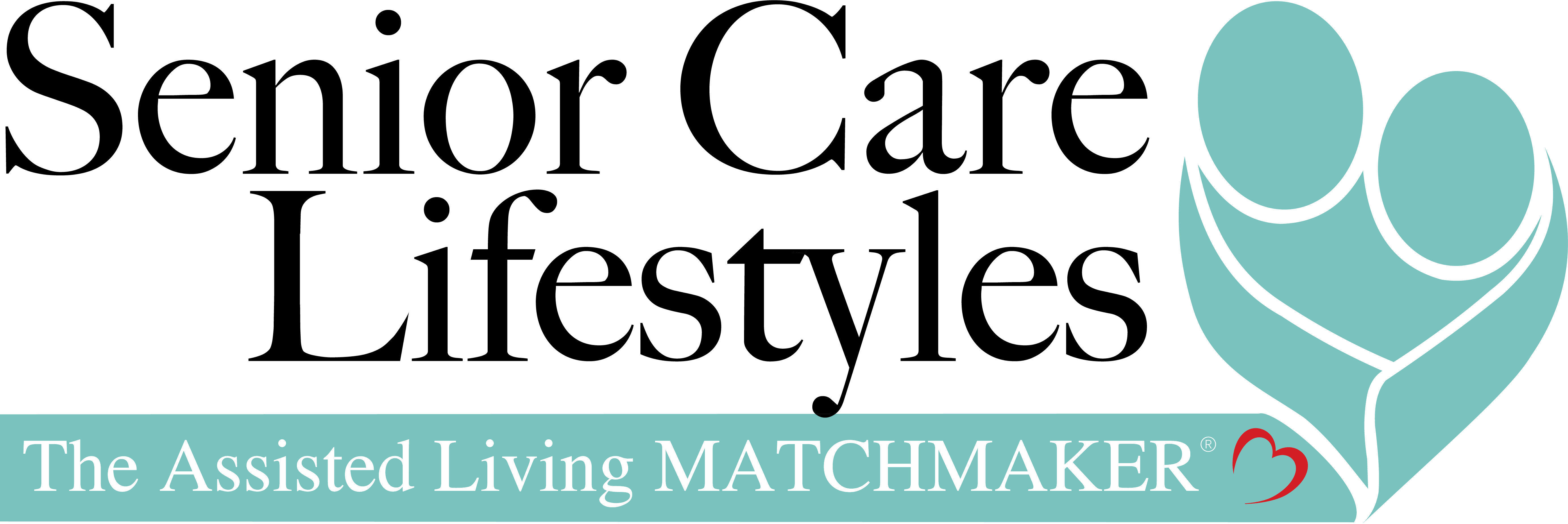- Serving, Baltimore, Harford, Howard, Anne Arundel and other surrounding counties.
- 410-977-3718
Do You Know the Difference between Medicaid and Medicare?
There has always been a certain level of confusion surrounding medical benefits as it relates to Medicaid versus Medicare.
Do you know the difference between medicaid and medicare? Muddling through a tricky web of regulations, inter-agency programs, and paperwork is enough to drive a person crazy, which is why we’re setting out to clearly explain two of the most commonly confused programs for which you or your loved ones may be eligible: Medicaid and Medicare.
Medicaid
Medicaid is a joint state and federal program designed to assist Americans with low income and assets. Each state has different rules about Medicaid eligibility, but the basic goal is to provide financial assistance for those individuals who may have difficulty affording a sufficient medical plan that covers their needs.
Medicaid is available to cover some long-term care costs such as nursing home care or in-home assistance with the activities of daily living, but each individual must meet the financial and functional eligibility requirements. To determine if Medicaid will pay for long-term care, you will need to consider the income and assets of the individual in question. Assets or resources that count against the financial eligibility include bank accounts, stocks, savings bonds, property, life insurance, valuable collections, mutual funds, and retirement accounts. These assets must not exceed $2,500 during each month that the individual is being considered for Medicaid coverage.
A person’s home will not be counted against his or her eligibility, so long as it is the principle place of residence, a spouse or dependent relative is residing in the home, or the individual plans to return to the home. Additional resources exempt from the count include vehicles owned by the individual, ordinary household items, life insurance (single policy or multiple) with a face value of less than $1,500, burial spaces, term or group life insurance, and irrevocable funeral service trusts or final expense policies.
In some cases, a person is able to “spend down” in order to become eligible, meaning that an individual can subtract his or her medical expenses from total income to meet the financial eligibility requirements. In other words, resources or assets above the $2,500 threshold must be used for the individual’s prior medical expenses or funeral expenses.
Medicare
Medicare is a federal program that provides coverage for individuals over the age of 65. In some instances, Medicare coverage is also available to disabled people under the age of 65 and those with End-Stage Renal Disease. Medicare has four parts:
Medicare Part A (Hospital Insurance)
Medicare Part B (Medical Insurance
Medicare Part C (Medicare Advantage Plans)
Medicare Part D (Prescription Drug Coverage)
With this four-part system, an individual has many choices regarding coverage. Original Medicare consists of both Part A and Part B, and is the program in which most people are first enrolled. Medicare Part C is part of a policy allowing private health insurance companies to provide medical benefits to those individuals who would prefer to choose from the many Medicare Advantage Plans available through this option. Medicare Part D covers prescription drugs for those who choose Original Medicare over a Medicare Advantage Plan.
Seniors with low income may qualify for both Medicaid and Medicare, meaning that thorough research into both programs and their eligibility requirements is the best course of action to ensure that you and your loved ones are well taken care of. While it can be a confusing and difficult time, putting the energy into securing the future of your elderly friends and family members will make the days and years ahead that much easier.
See our article Medicare Open Enrollment
Contact Us To Learn More





